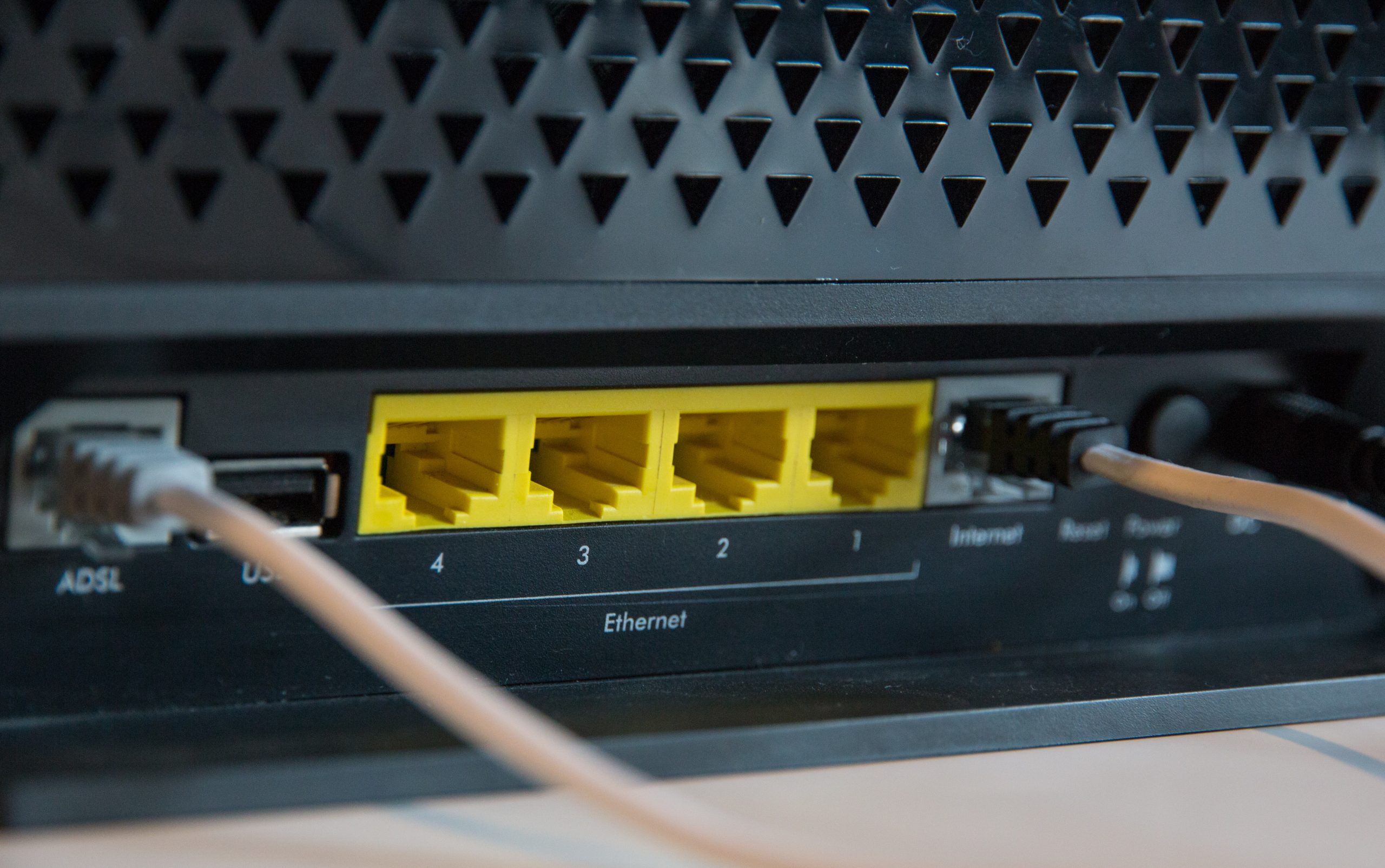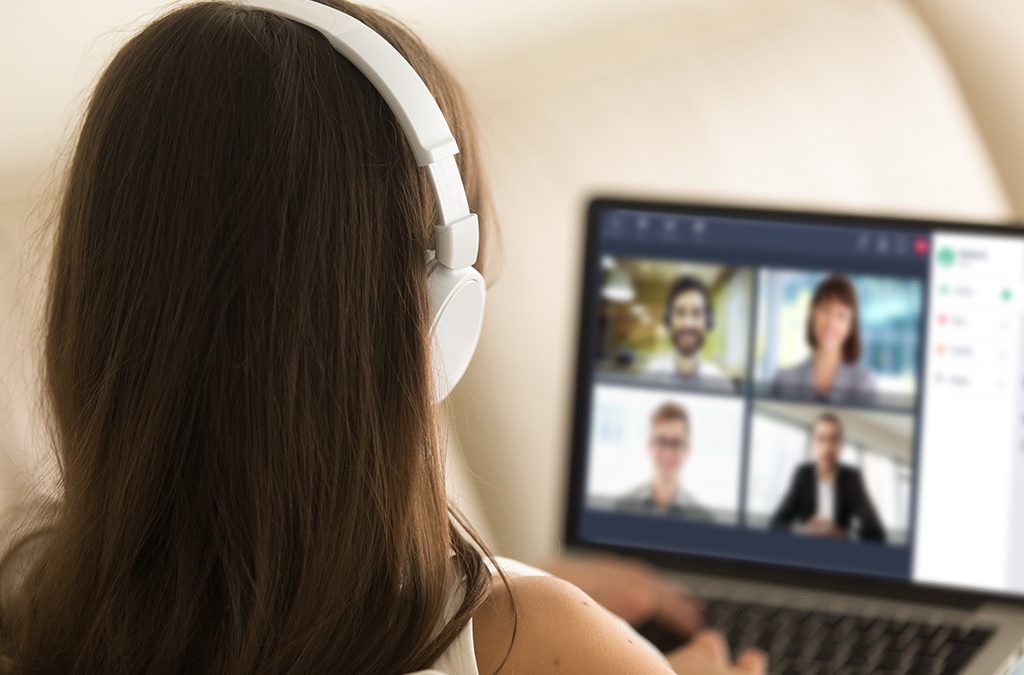A videoconference cannot be improvised! Like a face-to-face meeting, an online meeting must be prepared. To ensure that it runs smoothly, here are the 6 questions to ask yourself before launching a videoconference.
1. Am I in a good environment?
It is important to have a comfortable and suitable working space for your videoconferences. First of all, you should avoid placing your back to a window. Backlighting will interfere with the quality of your video. Even if you have an HD or 4K webcam, too much light will activate an adaptation mechanism that will greatly degrade the image quality. The same is true if you don’t have enough light. The ideal situation is therefore to face a window or an adequate light source.
2. Is my equipment properly configured?
You start your online meeting but your webcam, your speaker or your microphone (or all three!) are not available: this is probably a configuration problem. In the settings of your video conferencing software, check that your hardware has been selected for use with the solution.
3. Is my video correct?
Once you are set up and your equipment is configured correctly, it is important to check the framing of your webcam before entering the videoconference.
For good video quality, the performance of computer-based webcams is sometimes insufficient. The best option is to invest in an external webcam with a high resolution.

Webcam, headset, microphone… Which equipment for efficient video conferences?
4. Do my interlocutors hear me correctly?
Of course, after the image comes the sound! In video conferencing, it often happens that a speaker wants to speak but is not heard by anyone. To avoid this, don’t forget to check that you are not muted before joining the online meeting.
If you have a headset, be aware that the microphone is never placed just in front of the mouth but slightly above or below it. This avoids the often unpleasant murmurs of the video conference participants!

If you have an external microphone on your desk, make sure that it is not attached to your computer, as this can cause noise from the computer’s fan or when you type on the keyboard. It is also not advisable to place it near a potential source of waves such as a telephone.
Finally, if there is any unwanted noise or echo, keep in mind that the person generating it cannot hear it. To identify the source, it is therefore best to ask who is not hearing the noise.
5. Is my Internet connection good enough?
Video conferencing generally requires a high internet speed and a fibre connection. This is because video streams consume a lot of bandwidth: if your Internet connection is insufficient, you will experience high latency or interruptions in your online meeting.
Therefore, always favour your wired networks, which have a continuous flow, over a Wi-Fi connection, which can be easily disrupted by other waves (and also less secure).

Moreover, Tixeo offers the SVC on Demand technology: it takes into account the quality of the networks, the performance of your CPU and the size of your correspondent’s windows to ensure the stability of your videoconferences.
6. I will be discussing confidential matters during my online meeting: is my video conferencing software secure?
Be careful not to discuss certain confidential topics if you are not sure of the security level of your software.
Most video conferencing software exposes users to the risk of computer espionage. Although some claim to encrypt communications, this is usually simply Secure Real-time Transport Protocol (SRTP) link encryption. To put it plainly, this technology only encrypts the flows passing between the user and the communication server. It therefore leaves the possibility for hackers to access the decrypted data passing through the server.
Moreover, the security of a videoconference must be taken into account from the software design stage. Tixeo, a secure video conferencing solution and Secure by Design, has designed its architecture to allow true end-to-end encryption of communications, regardless of the number of participants in an online meeting. It allows encrypting all audio, video and data streams and avoids any risk of espionage.


